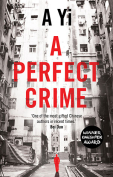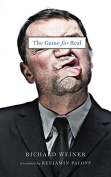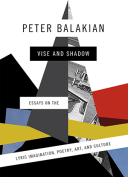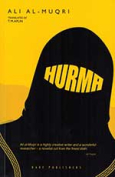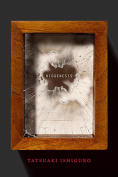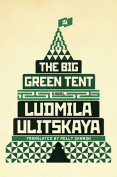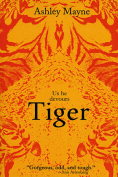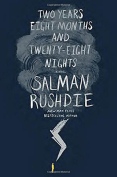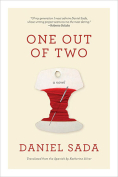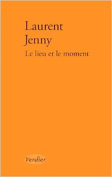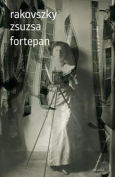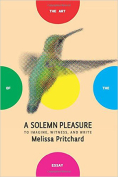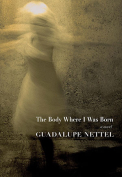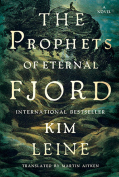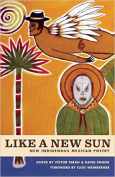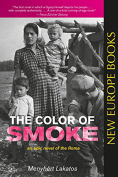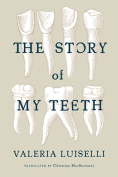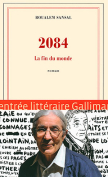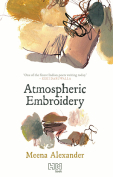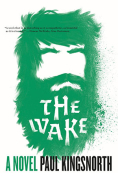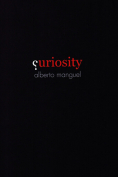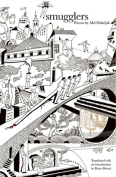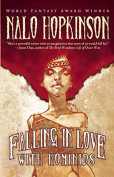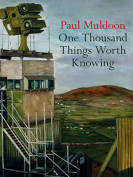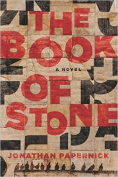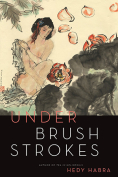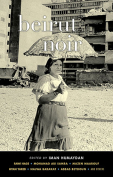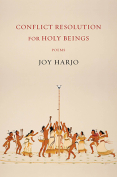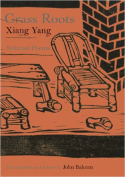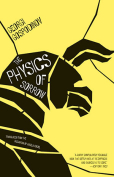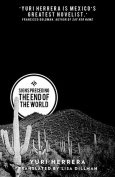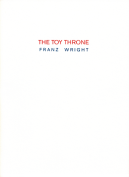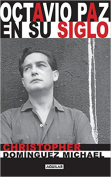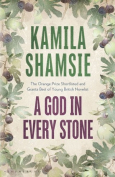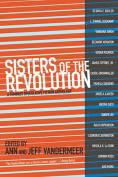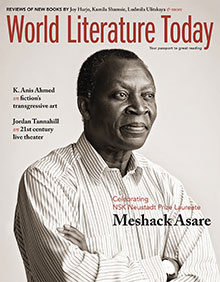The Toy Throne by Franz Wright
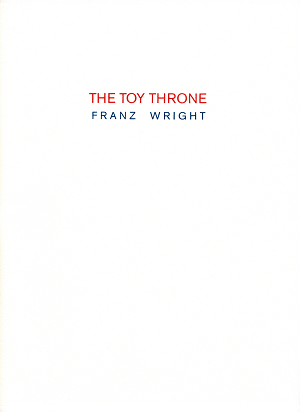 Hilversum, Netherlands. Tungsten Press. 2015. 30 pages.
Hilversum, Netherlands. Tungsten Press. 2015. 30 pages.
The world of poetry suffered a deep loss last spring when Pulitzer Prize–winning poet Franz Wright died at sixty-two. Son of James Wright, who also won a Pulitzer for his Collected Poems, Franz Wright was his own man, his own poet.
Though he followed his father into poetry, Wright carved out his own rough-hewn spaces, anguished but not hopeless, dark but not without light, and strident but not without a self-deprecating sense of humor, as evidenced in the mock subtitle of The Toy Throne: “Fragments, Jejune & Fundamentally Meaningless Parables, / Frankly Self-Evident Paradoxes, / Bedtime Stories Rewritten for Crybabies, / Prestidigitatory Prevarications Succumbed to at Last / at the Height of His Powers a Tragic Loss to Letters, / Sprawling Circumlocutory Aphorisms / & Other Revels.”
This limited edition of twelve poems, both prose and lyric, is a proper capstone to his forty-year career. It’s possible to read too much into these poems, Wright’s last words published in his lifetime, but it’s impossible to ignore the resonance, the engagement, and the earnestness of a poet looking back, twice alone in life, twice alive in poetry, as here in “The Writing, 2”: “He wished he could have been more clear, / it was all so clear to him. / So he was twice alone. / But he was also living twice.”
“Jamais Vu” recounts the ease of youth—“the summer afternoon / the endless summer / afternoon of books, the only happiness . . .”—but abruptly shifts to an adulthood, a poetry career, often plagued by attack and defensiveness, Wright speaking directly to his critics: “I won’t have written this. / I won’t have written any of it. / There will be no reason / to malign or make fun of me, / from your faceless / places of invisibility.”
In his early work, Wright shunned the conventions of contemporary lyric poetry—smooth line breaks, stanza groupings, imagery, poetic language, closure—as if fighting against his father’s poetics. The poems in this collection are more even, less impulsive, idiosyncratic. His prose poems, a vein he worked richly, possess a forceful elegance, the prosody unfolding with slow intention. The last, “The Choice,” recounts the night his father left him: “He rises now to his feet, towering a mile above me and teetering slightly, blind drunk, he bends down to shake my hand. Have you shaken hands with a six-year-old boy lately? . . . He lifts the suitcase, walks straight to the door, and vanishes without looking back.”
Franz Wright’s work is anything but easy, on or below the surface. He makes the reader work, emotionally and intellectually. His work gives little while giving a lot. Again, Franz Wright was his own poet. Is there any greater achievement?
Crag Hill
University of Oklahoma
